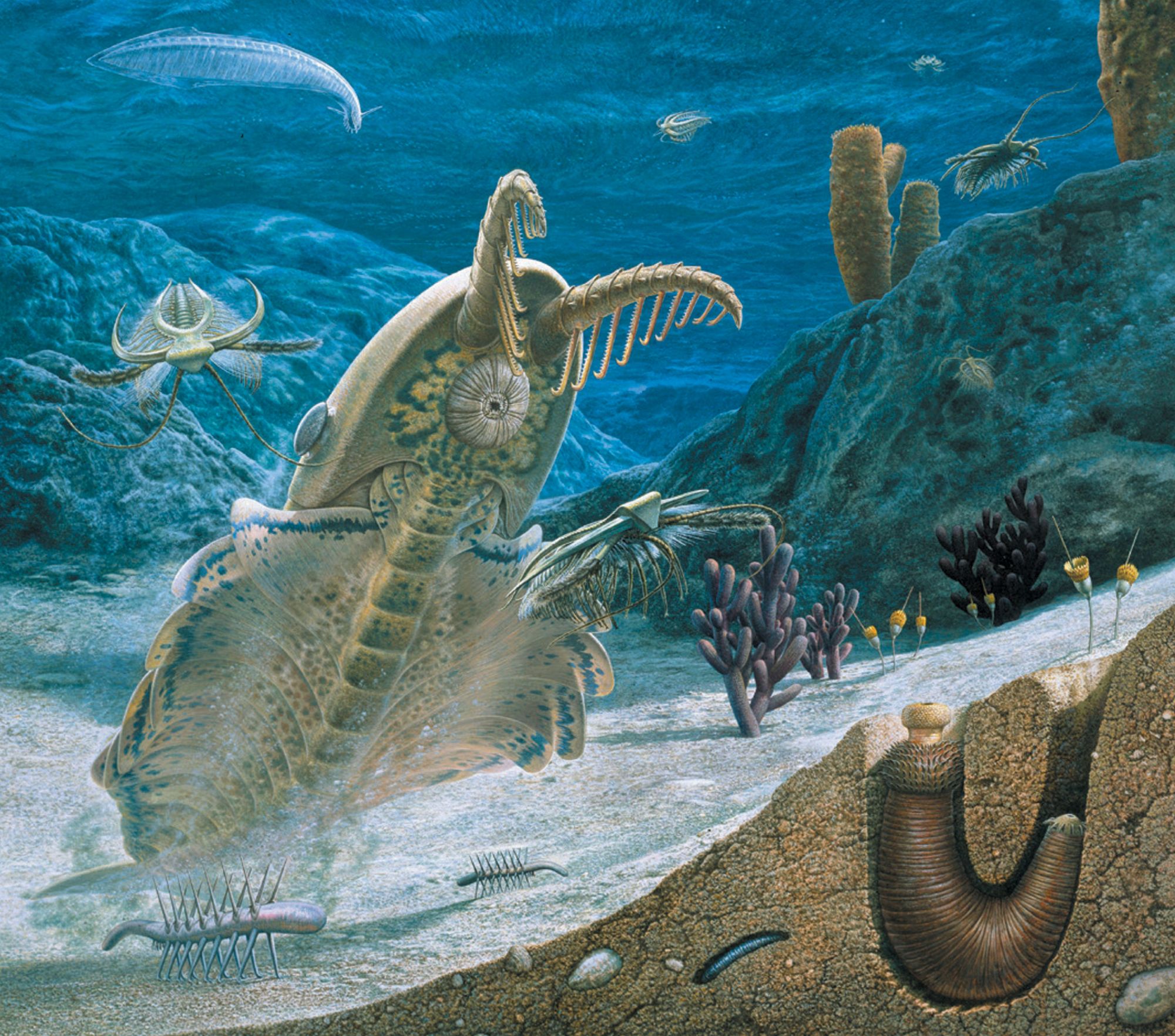How Commodities Are Artificial Life
Marx's commodity fetish wasn't necrophilia
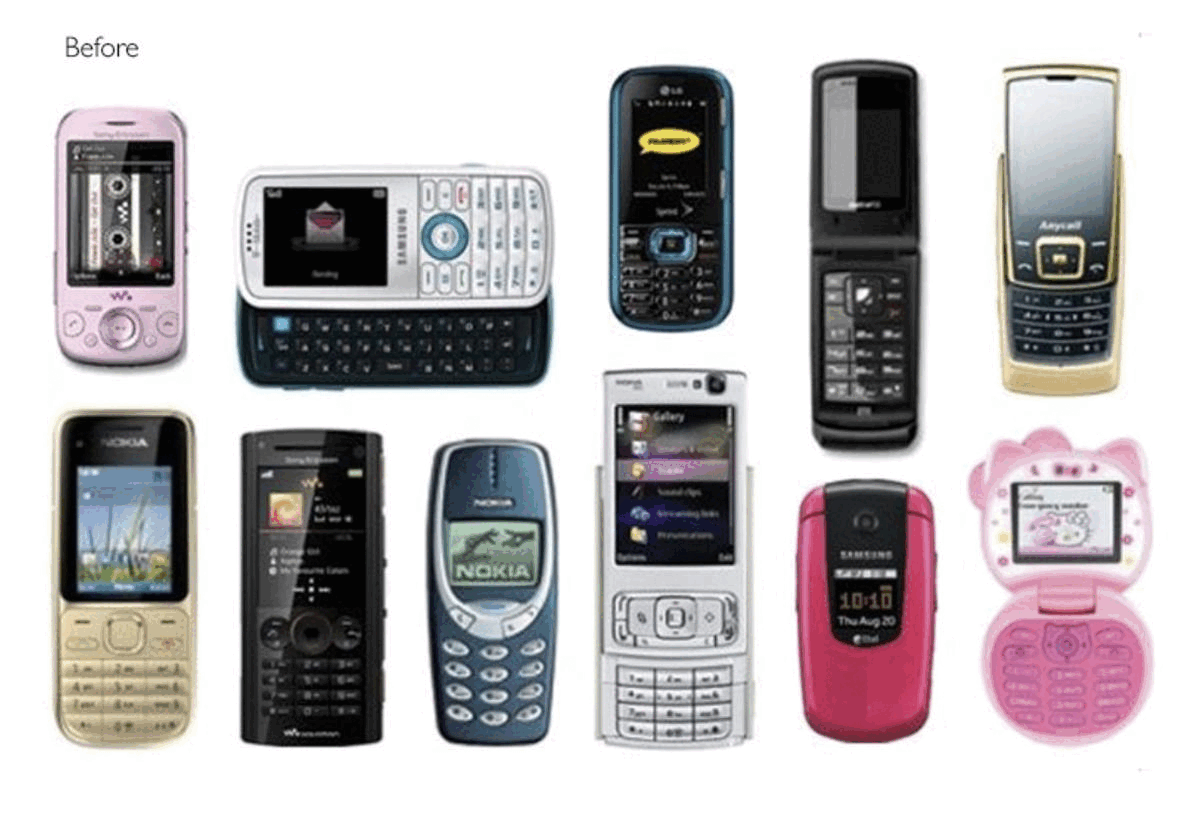
This is Part 2 of a reading of Marx's Capital (covering Chapter 1). These are basically my hallucinogenic notes. Part 1 is here: How Marx's Capital Is About AI.
I lived through the great Nokian Explosion, 0.00002 million years ago. Cell phones were everywhere, in every form. They flipped, they had keyboards, even clamshells. They evolved every year. Then the iPhone hit and it was an extinction level event. Screens inherited the Earth.
Our ancestors lived through the Cambrian Explosion the same way, 540 million years ago. Creatures had dozens of legs, scores of horns, and came in myriad forms. Then the climate changed, almost everybody died, and the meat market was completely rearranged. Fish inherited the sea.
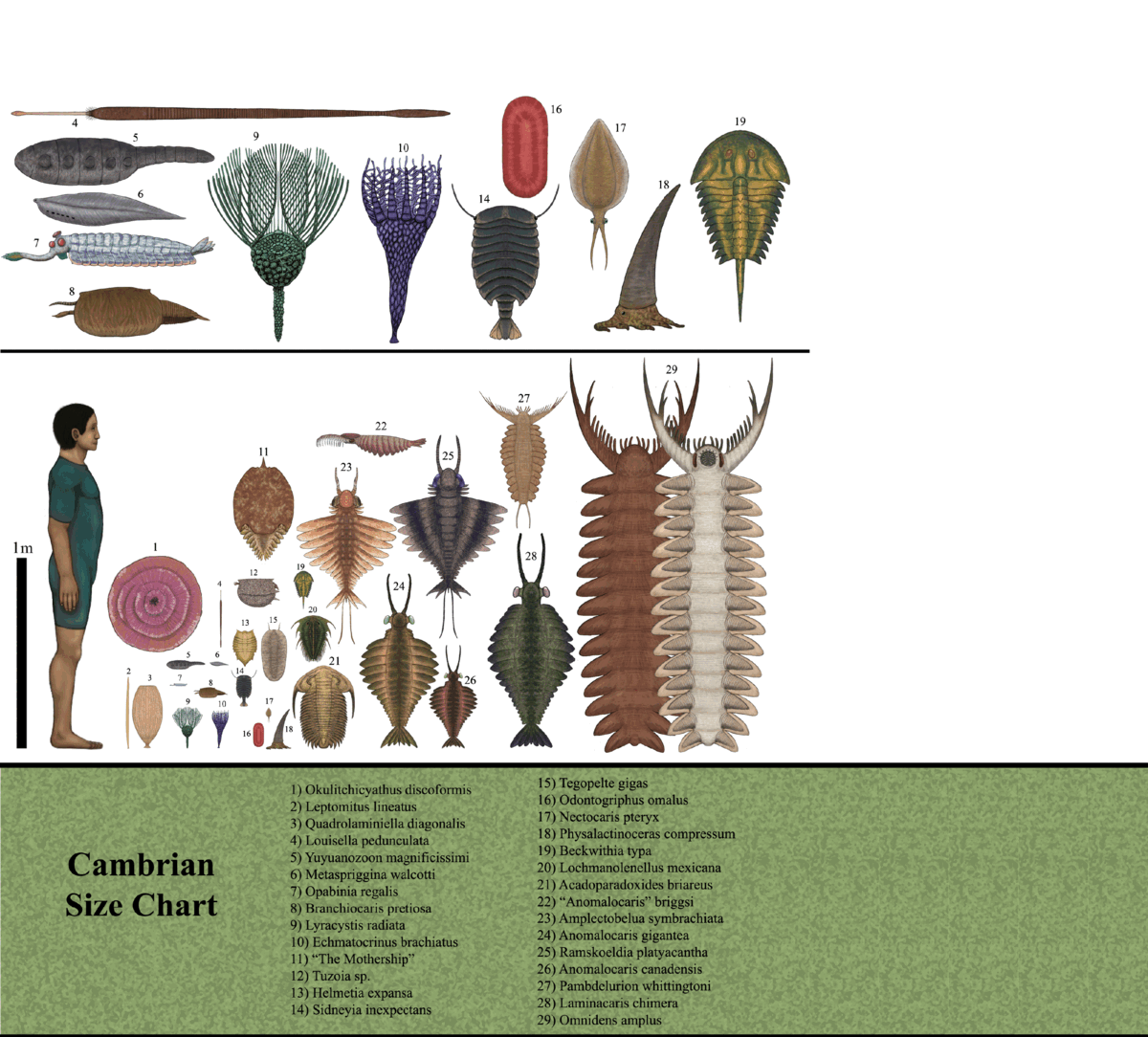
I group these events not because they're similar but because they're the same. In both cases evolution is happening, just in different ecosystems. What we call 'the economy' is just another ecosystem and, as Jeff Goldblum said in Jurassic Park, "life finds a way." Commodities evolving atop human society is no less absurd than fish walking on land, and that fucking happened.
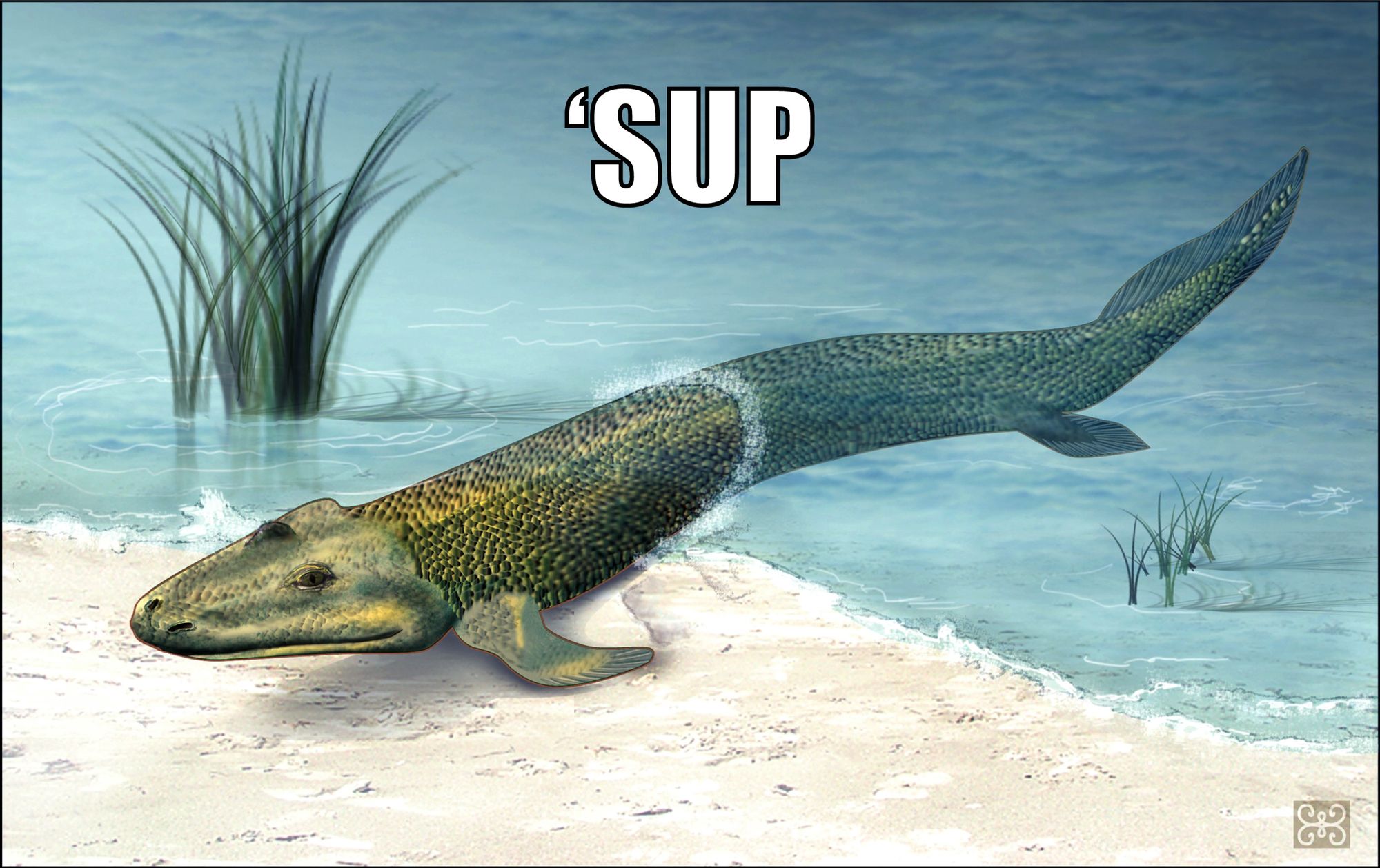
This perspective is difficult for humans to understand, so don't be human. Imagine that you're an alien scientist digging up the Earth, 10 million years hence. You find a bunch of cell-phone skeletons and trilobite skeletons. What's the difference? How would an alien know the difference between 'natural' and 'artificial' life at all? We've sent nothing but robots to the cosmos, why would they assume that soft and sweaty is the default?
So I invite you to look at what's in front of your eyes with different eyes. We're surrounded by artificial life. We're crawling with it. They're called commodities.
What Is Life?
When I compare the Cambrian and Nokian era, my broad point is that commodities look alive. This seems wholly inadequate, until you realize that we don't have a working definition of life at all. As the astrobiologists Cleland and Chyba said "There is no broadly accepted definition of ‘life.’"
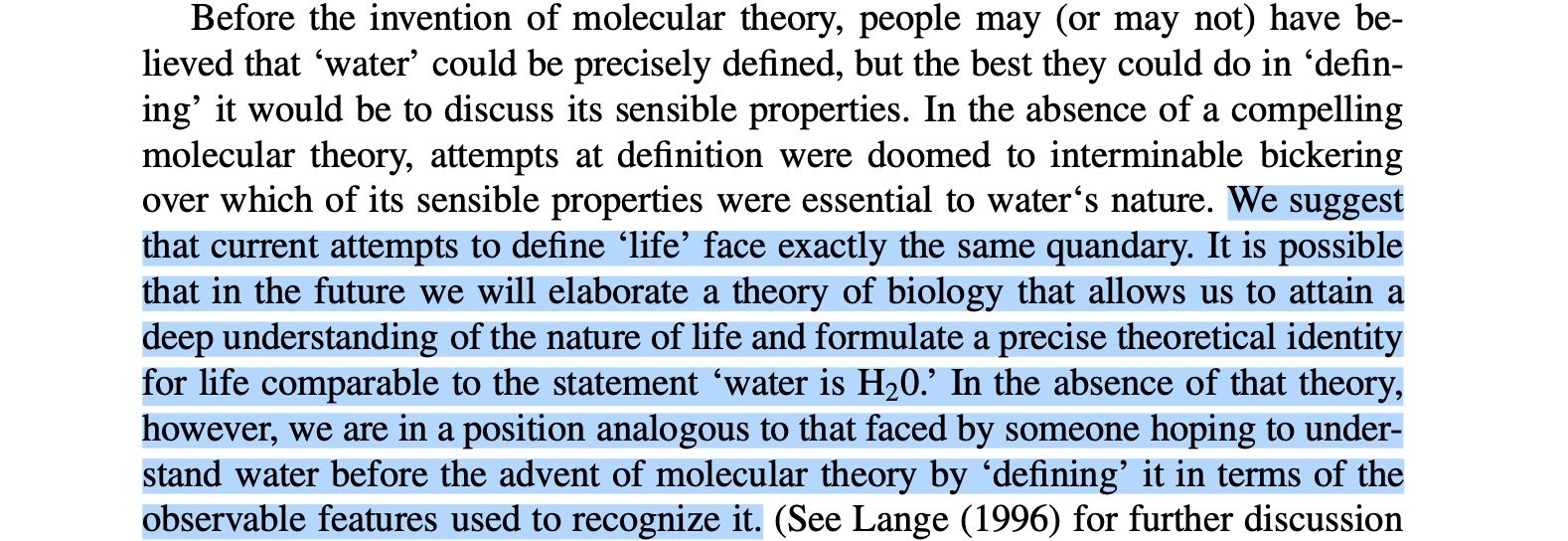
C&C are saying we can't define life at our current state of knowledge. It's like trying to define water when we don't even know what H, ₂, or O are. You just end up describing wet, and clear, which also describes Everclear.
In practice, we define life the way the US Supreme Court defined pornography—"I know it when I see it." Hence I'm really just trying to change the way you see.
Commodity Fetish
Then what are commodities? For a definition let's go back to Karl Marx, who really went on about them. He said:
"The products of the human brain appear as autonomous figures endowed with a life of their own, which enter into relations both with each other and with the human race. So it is in the world of commodities with the products of men’s hands."
"I call this the fetishism which attaches itself to the products of labour as soon as they are produced as commodities, and is therefore inseparable from the production of commodities.”
There's a lot going on here. First Marx says that commodities are artificial life ("autonomous figures"). Then he says they have a social life. You could read this metaphorically, but I don't. I take Marx completely literally.
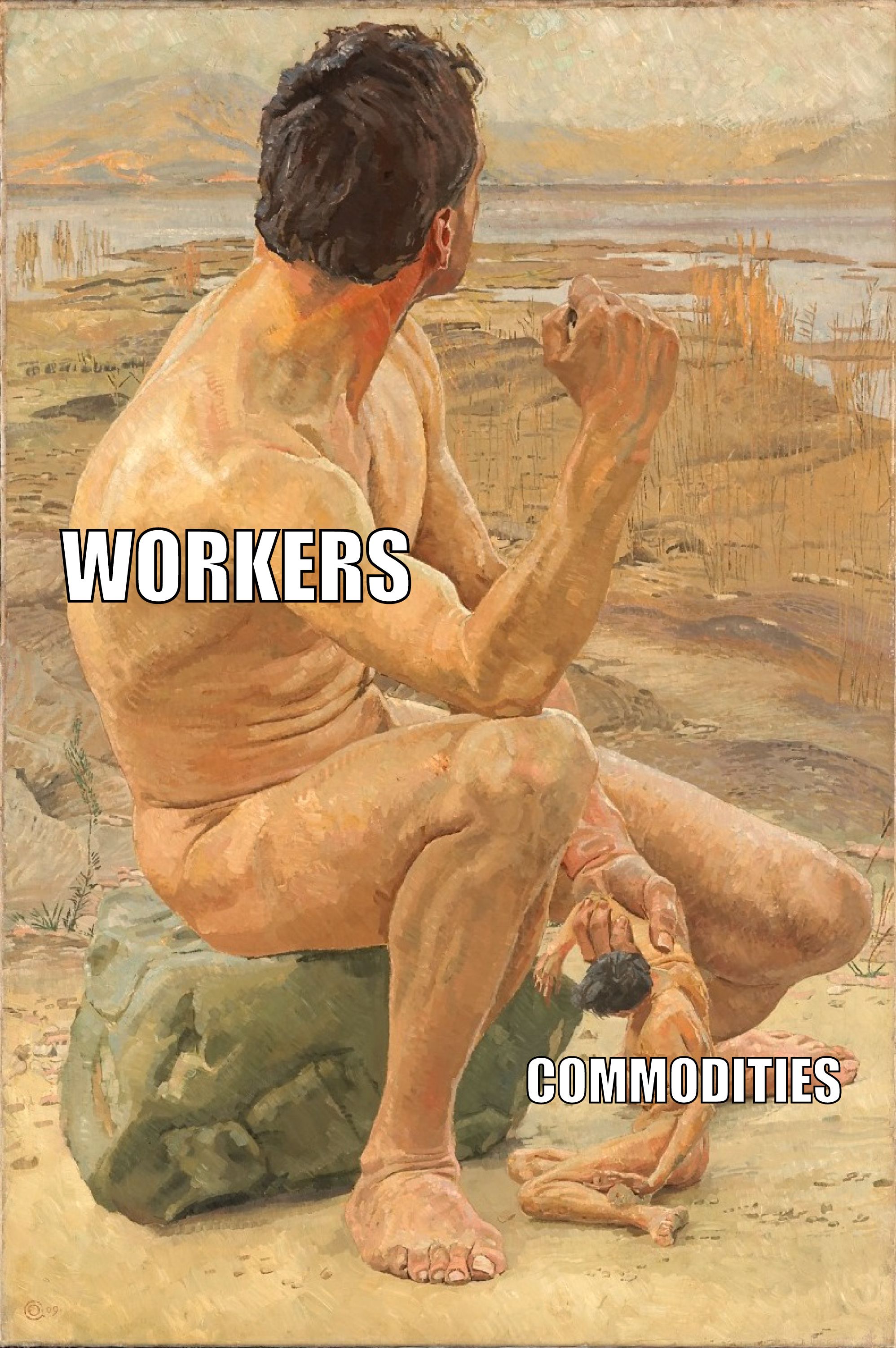
Artificial Life
When Marx says 'endowed with a life of their own' he means that workers literally endow commodities with life. Workers sacrifice hours of their lives to make shit. Marx said this life (labor-time) goes into the commodity. Like a horcrux. He said:
“Now we know the substance of value. It is labour. We know the measure of its magnitude. It is labour-time.”
Marx described this lifeforce as 'congealed labour', which I just read as pooled blood. Marx said "human labour is accumulated in them [commodities]. As crystals of this social substance, which is common to them all, they are values – commodity values." This is a crazy, trippy idea, that commodities carry around the ghosts of every worker that has touched them.
You could write this off as crazy Marxism, but the everyone subscribes to some labor theory of value, they just disagree on who gets to keep the money. Capitalists think CEOs and owners should and Marxists think it's the workers. Everyone agrees that commodities have value, and that human beings put it there. For our purposes, you can read value = life. Workers literally sacrifice hours, days, years of their life to give life to commodities. Hence you get Marx's fantastic image of the dancing table:

This is the next part of being alive. The social dance.
Social Life
No creature lives alone. We are all connected to other life. Commodities are no exception. That's what Marx means when he says "enter into relations both with each other and with the human race." He actually has the commodities speak for themselves:

Relations, for commodities, are exchange. Buying and selling. Exchanging for gold, money, letters of credit, assets in the air. This is the intercourse of commodities, and it's very reproductive. Marx published Das Kapital in 1867 when capitalism barely existed and now it's everywhere.
Marx predicted our fate 150 years ago when he said “Their own movement within society has for them the form of a movement made by things, and these things, far from being under their control, in fact control them.”
The truth is that commodities have a better social life than us. We're working all the time, while capital is accumulating. Just look at the markets during a pandemic. Even while we're dying, they're thriving.
How Commodities Are Life
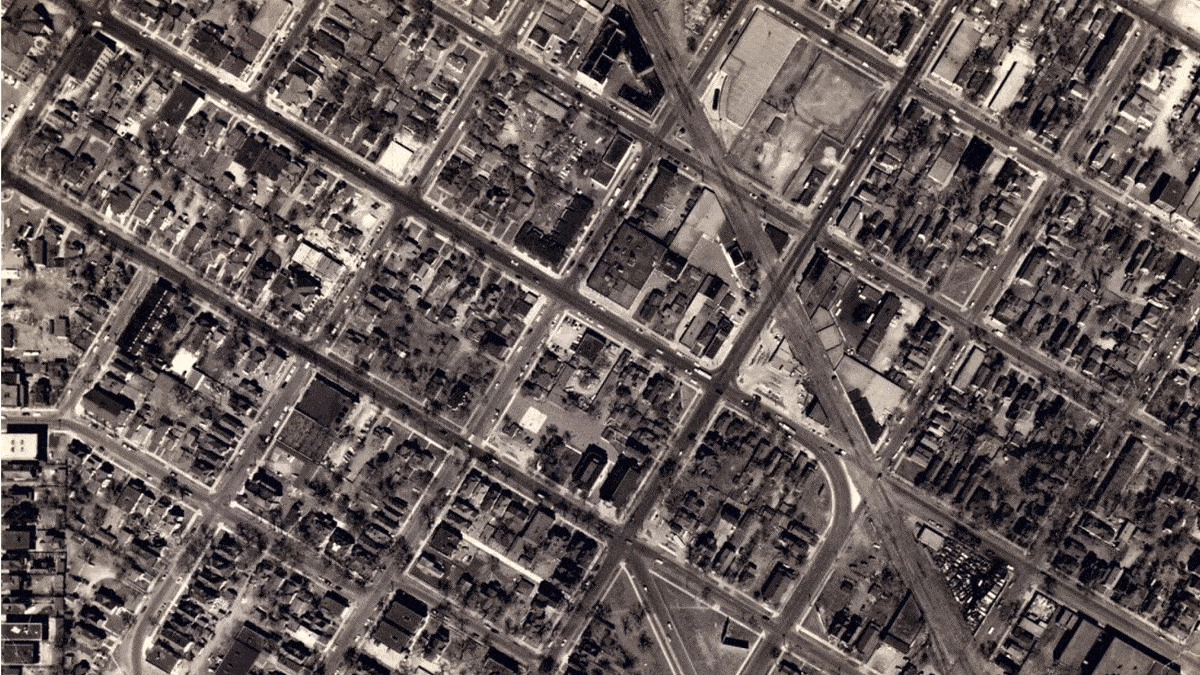
Let us now return to our alien observer and ask what they think. They've been watching us for centuries now. From space, they've seen homes and trees ripped up to make room for cars. Who would they think is in charge? Any honest observer would say the Earth is run by cars (and maybe cats). By commodities. You can see the evolution of commodities everywhere, meanwhile what are we doing? We're just some apes stuck in our old ape niche.
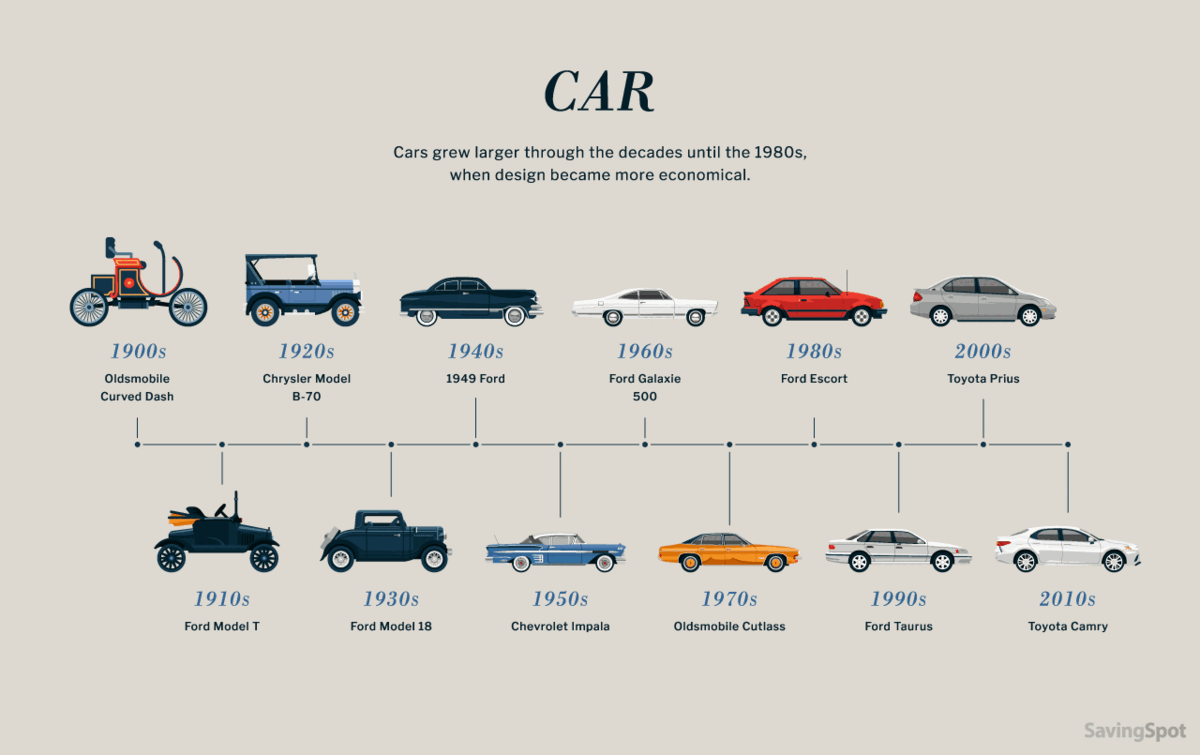
Life building an ecosystem on top of humans is nothing new. What do you think COVID-19 is doing? Our bodies are positively crawling with microbial life. As Jon Turney says, "most of your genes do not belong to you at all... the total number of genes in one typical human microbiome [bacterial and viral life] is around 2 million. That is a hundred times as many as we maintain in our own cells."
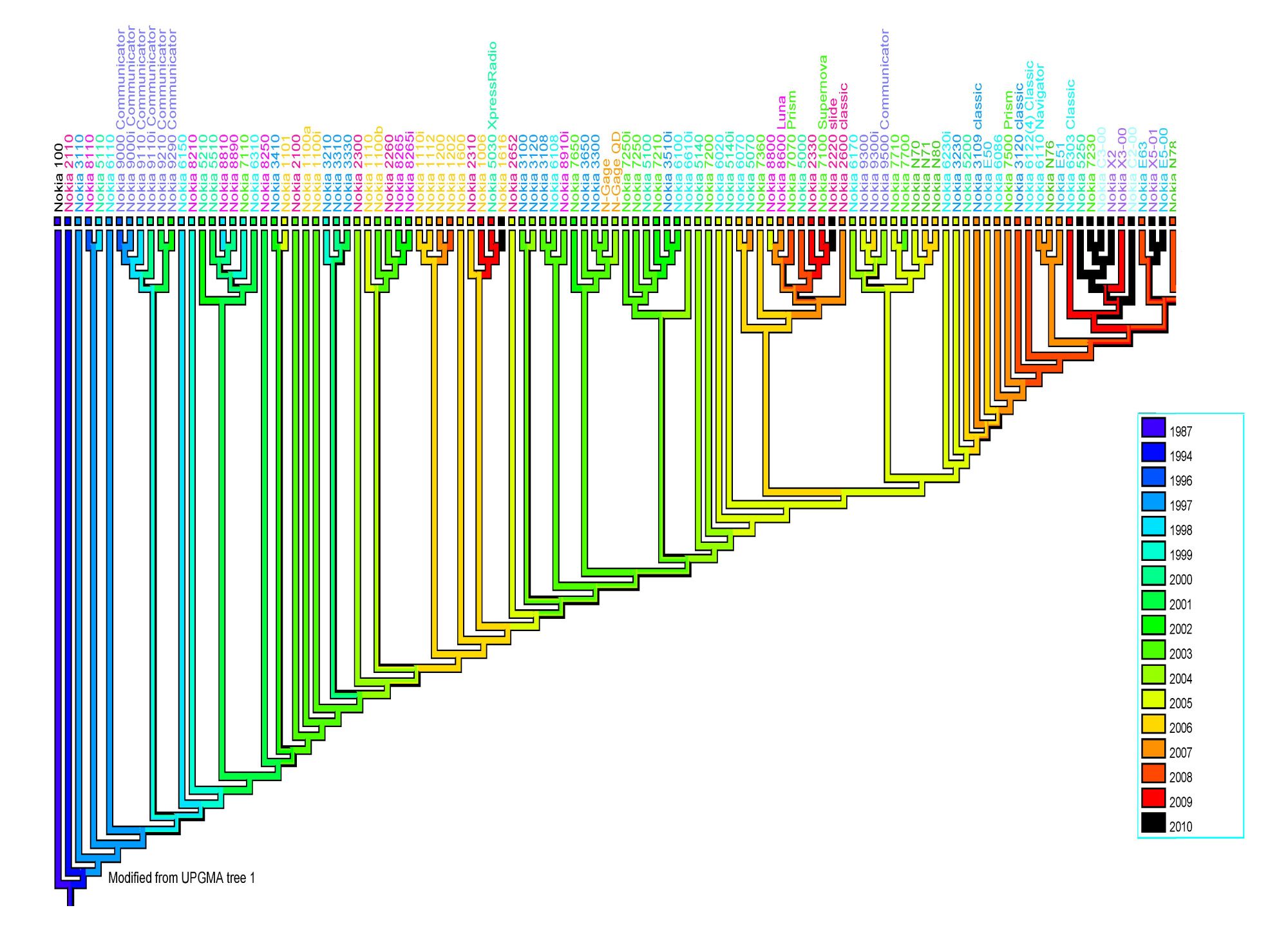
It's also no stretch to apply evolutionary principles to commodity production. As Faragó and Miklósi write, "one possible approach is to view technological devices as evolving agents that are formed by selective pressures in the economy." As they wrote in a paper on the Nokian Explosion, "by modeling a possible phylogenetic tree of mobile phones... we are able to show evolutionary trends and parallels with biological processes."
And indeed, we can see these evolutionary trends ourselves. We have seen the Nokian Explosion and the explosion of every sort of commodity. We are also living through an extinction level event for soft bodies like ours. How much more do we need to see?
As Marx said, “Perseus wore a magic cap so that the monsters he hunted down might not see him. We draw the magic cap down over our own eyes and ears so as to deny that there are any monsters.” As I would put it, humans are so far up our own ass that we can't see what's right in front of us.
Just look around. We're crawling with commodities. They're evolving right in our pockets, and they're part of much bigger social organisms that actually are monsters. Capital certainly looks alive. All I'm saying is, what if things are exactly how they seem?
